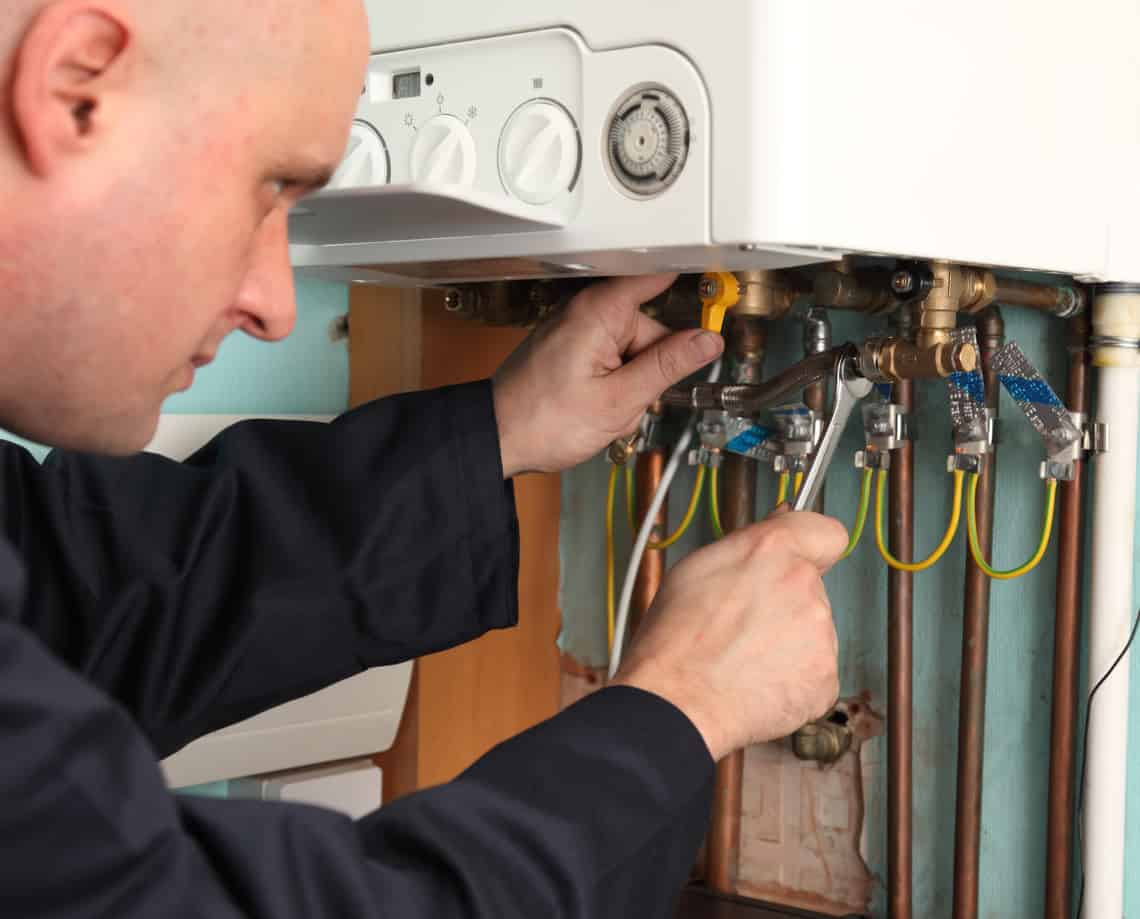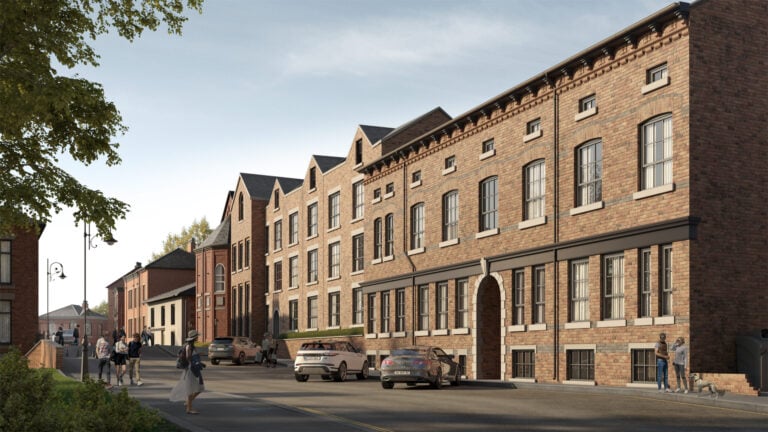Short-term lets surged in popularity among investors and landlords as a result of the pandemic and the rise in staycations. But there are some considerations to take into account.
The outlook for short-term rentals, which includes holiday homes and those let out under the popular platform Airbnb, has remained strong through 2022. Bookings are reported to be stronger than ever, and property owners are confident this will continue over the coming years.
There are multiple benefits to letting your property out on a short-term basis. Returns have the potential to be significantly higher than long-term rentals, which is further enhanced by the recent growth in the number of people taking ‘staycations’ increasing demand.
Furnished holiday lets are also treated differently for tax purposes, which can make short-term lets more advantageous to investors. For example, as Airbnb points out, there is no restriction on mortgage interest relief, and capital allowances are available. You could also claim certain CGT reliefs.
Five key factors for short-term lets
While the benefits are notable, there are certain things to consider before property investors take on a short-term rental property. Phoenix Health & Safety has come up with a list of five health and safety considerations for hosts.
- Carbon monoxide alarms: These are not a legal requirement but many guests prefer properties that have them. “It’s strongly advisable to have a CMD, not only for safety precautions but also not to deter potential guests. Furthermore, if your property has a fireplace, always ask guests to keep fresh air flowing throughout the property, and to crack the windows where necessary to avoid the build-up of carbon monoxide levels.”
- Smoke alarms on every floor: Phoenix advises carrying out a professional fire risk assessment before letting out a property. However, it’s imperative to provide adequate smoke alarms as well as fire extinguishers.
- Fire-retardant furniture: All short-term lets should contain furnishings that are unlikely to become inflamed. “If you ignore this essential safety check and there are incidents related to this, you could face prosecution.”
- Gas safety checks: This is required on an annual basis for all short-term lets by a Gas Safe registered engineer. Again, failure to comply with this could lead to prosecution. This even applies when renting one room out in a property.
- Electrical safety: This isn’t covered by law, but if an electrical accident occurs it could lead to a negligence case, Phoenix warns. Things like wiring, cooking appliances, sockets and light fittings should all be checked regularly, as well as cookers and kettles.
More legislation on the cards
Nick Higginson, chief executive officer of Phoenix Health & Safety, points out that the Airbnb and short-term rental market is relatively unregulated as it stands, but this could be set to change.
“Over the coming years, we predict more processes and legislation will come into place to protect guests staying in Airbnb style accommodation to ensure that a similar health and safety standard is upheld to that of which you would expect in a registered hotel or hospitality accommodation,” says Higginson.
“Whilst landlords/hosts are expected to create a safe environment with reliable reviews, it is a relatively untouched market for legislation. Hosts may consider health and safety training to ensure they are fully equipped.”
Despite this, though, property investors looking at diversifying into short-term lets will still find numerous benefits that could prove worthwhile compared to the traditional buy-to-let sector. This could depend on factors such as budget, time available and location.
BuyAssociation sources both long-term and short-term rental options for property investors across the UK. Browse some of our latest property investment opportunities here, or get in touch for more details.









